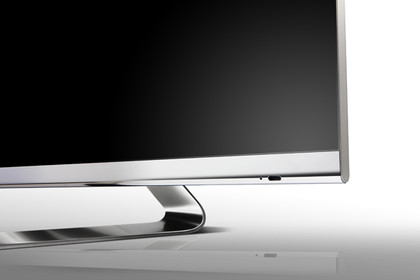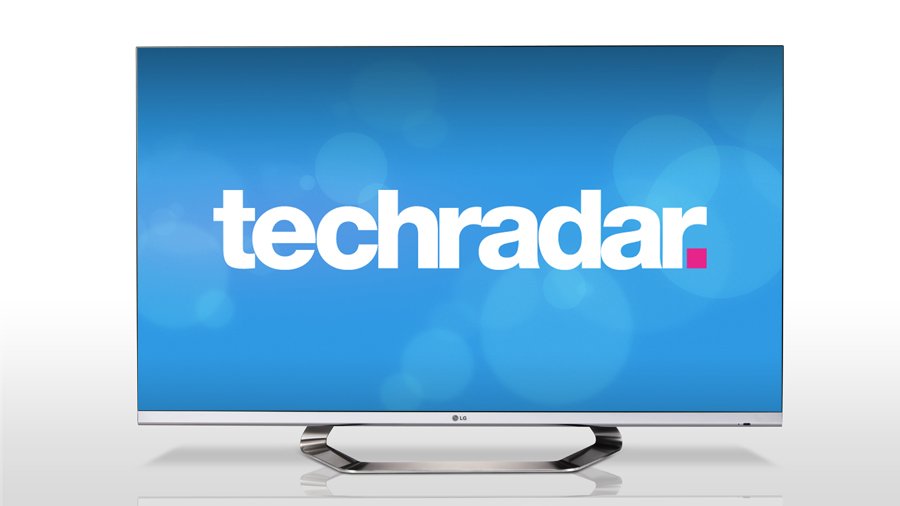Why you can trust TechRadar

This 47-incher is the entry-level screen for LG's Cinema Screen range, a fact that becomes evident when you scrutinise its picture performance. With the brand's graduate picture processing reserved for LG's elite crew, what we have here is a mainstream 100/120Hz panel free of excessive tech-trimmings.
Contrast is good, but only because blacks have been crushed for better dynamics. It's impossible to extract shadow detail without washing blacks out into mid-gray.
And while static images sport 1080-line crispness, the set's motion resolution is poor. We recorded a drop to around 800 lines when test charts travel at 6.5ppf (pixels per frame). TVs which offer higher refresh rates and use advanced frame interpolation techniques can retain detail up to 1080 lines, resulting in a higher definition viewing experience. Consequently, we don't rate this particular screen for sports or gaming.
The 47LM670T is, however, fine for general TV and movies. The lack of aggressive picture processing means that there are no additional motion artefacts introduced by the interpolation process (it's always difficult to balance the two), and colours are vibrant.
There are seven visual presets (Intelligent sensor, Vivid, Standard, Cinema, Game, ISF Expert 1 & 2) and a Picture Wizard calibration mode. You also get eight aspect ratio options: 16:9, Just Scan, Original, Full Wide, 4:3, 14:9, Zoom and Cinema Zoom1. For Blu-ray and HD broadcast content we recommend using Just Scan.
The set employs LED edge-lighting coupled to a local dimming system, which LG dubs LED Plus. The result is much like any other edge-lit LED screen, with pools of light noticeable close to the bezel and a general un-uniformity across the panel. During most content this isn't noticeable, but The Dark Knight could be a bit of a giveaway.
The set's 3D performance delivers as expected. We've grown to rather like the Passive gizmology that LG has pioneered, principally because the 3D glasses are comfortable to wear (no flicker) and there's no punishing financial overhead. This has to be balanced with the impact it has on image quality, though.
Sign up for breaking news, reviews, opinion, top tech deals, and more.
On a screen this size, you can clearly see the drop in resolution as the visible line structure bites. Diagonals have jaggies and whites tend to turn a little grey. On the plus side, the screen's sense of depth is undeniable and overall brightness is high when compared to rival Active Shutter solutions.

Steve has been writing about AV and home cinema since the dawn of time, or more accurately, since the glory days of VHS and Betamax. He has strong opinions on the latest TV technology, Hi-Fi and Blu-ray/media players, and likes nothing better than to crank up his ludicrously powerful home theatre system to binge-watch TV shows.
